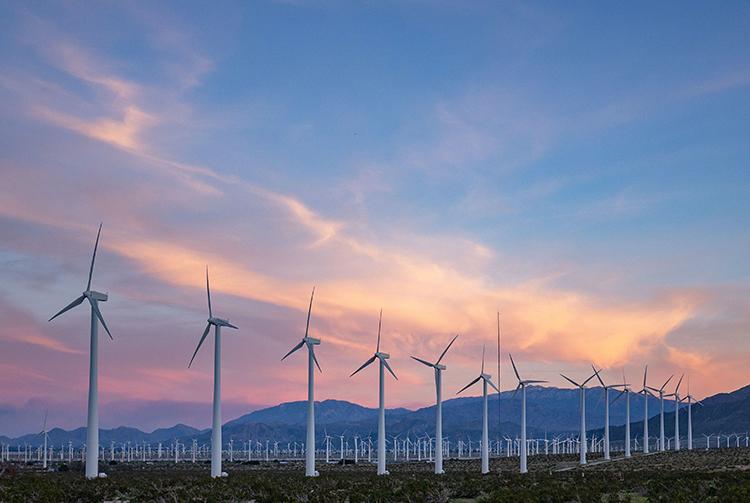2024-12-19
energy

The Czech Government has approved the National Climate and Energy Plan, outlining key strategies for the country’s green policy and emissions reduction. Minister of Industry and Trade Lukáš Vlček (STAN) announced the decision following a cabinet meeting, emphasizing the plan’s focus on increasing renewable energy and phasing out coal. The plan sets ambitious goals, including raising the share of renewable energy in consumption from the current 18% to 30% by 2030 and ensuring a complete transition away from coal by 2033 at the latest. The document excludes the contentious expansion of the EU’s emissions trading system (ETS 2) to households and transport, which could have led to higher fuel and heating costs. Instead, the government aims to delay and amend these measures at the European level. The plan will require an estimated CZK 2.8 trillion in investments by 2030. The approval follows months of delay, which prompted the European Commission to launch infringement proceedings against the Czech Republic in November. Along with 12 other EU nations, the country had missed the deadline for submitting the plan. Originally shelved in July due to concerns over economic impacts, the plan has been revised to a more general framework. Specific targets for reducing greenhouse gases have been simplified, aligning with the EU’s Fit for 55 program. The previous version’s goal of a 59% reduction in emissions compared to 1990 levels has been replaced with broader commitments. Key Highlights • Renewable Energy Expansion: The government aims to increase renewables to more than 30% of final energy consumption by 2030, rejecting calls from industry groups and the EU for even higher targets. • Coal Phase-Out: The plan confirms a coal phase-out by 2033, although energy companies predict coal usage could end by 2030 due to rising emissions allowance prices. • Nuclear Energy: Nuclear power, alongside renewables, is positioned as a cornerstone of the Czech energy mix in the coming decades. The revised plan has avoided measures that could impose additional financial burdens on households, such as the previously proposed ETS 2 extension. Critics had warned of potential spikes in energy costs, while the government has maintained that the plan introduces no new measures. This updated version will inform the European Commission of the Czech Republic’s contributions to the EU’s renewable energy and greenhouse gas reduction targets, providing a framework for sustainable energy development while addressing domestic economic concerns. With this approval, the government seeks to align with EU climate objectives while maintaining flexibility to adapt to economic and social considerations. Source: CTK

